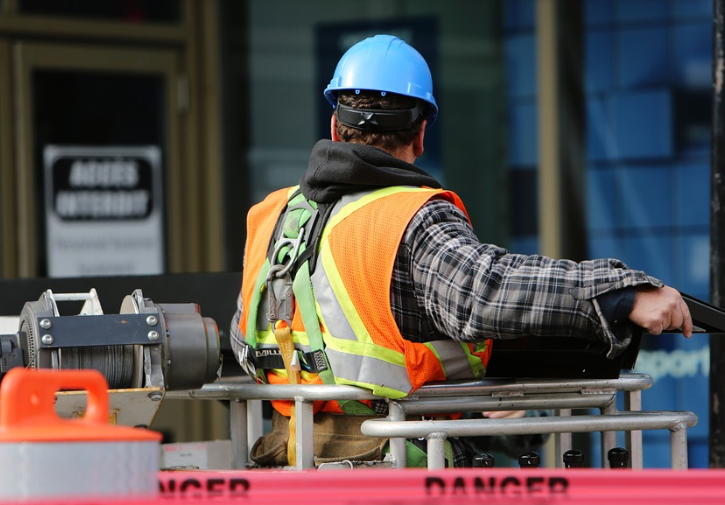

If you’re trying to decide what career to pursue, you have a lot of options to choose from. It can be hard to pick one job and there are many different factors to consider.
One of the most important factors to think about is how dangerous the field is. Some industries are notoriously dangerous and tend to lead to more deaths and injuries than others.
For example, elevator-related injuries are common in the construction field. Engineers that design and construct elevator shafts sometimes make mistakes that quickly cause their death.
When picking a career, you must consider how it affects your longevity. You want a career you can work in for decades and this means picking something safe.
To help you get started, we’ll point out a few dangerous careers you should consider avoiding below.
Logging
One of the most dangerous industries to work in is logging.
Loggers face many different risks out in the field. They typically use large equipment and saws to cut down trees for lumber processing.
As you might imagine, there are three primary sources of danger; equipment accidents, falling out of trees, and falling trees.
What tends to make these injuries more likely for loggers is that the work is highly demanding, which makes fatigue and related errors probable. The location of worksites are also often far away from medical assistance, which makes an injury a more serious matter.
The demanding and fast-paced nature of logging combined with volatile environments and unpredictable tree trajectories makes the industry inherently dangerous.
Fishing
Just as dangerous as logging is the fishing industry.
The problem with fishing is that it’s out in the open ocean and you’re often dealing with extreme weather. Commercial fishing is highly competitive, so fishermen are out in the water regardless of the weather.
This results in fishing in highly dangerous conditions with tall waves, heavy rain, and poor visibility. These can easily result in someone falling overboard or getting hit by machinery on the boat.
Making matters worse, fishing is also physically intensive and often done in freezing temperatures. This increases the risk of making a mistake or getting sick, which makes a serious injury more probable.
When something goes wrong during a fishing trip, there is often little that can be done. It’s near impossible to save someone who fell off the boat during a storm and being so far from land means a serious injury may not get treated quickly enough.
All of these factors combine to make fishing one of the deadliest industries to work in.
Construction
Another particularly hazardous field is construction.
Construction is another highly demanding field – seeing a trend here? Physically laborious industries tend to have a higher rate of injuries and death.
Logically, it makes a lot of sense. There’s little risk posed by sitting still at a desk job, whereas physical labor involves moving, lifting, bending, and exerting yourself.
Construction workers face many potential sources of injury. They might fall from scaffolding, have something fall on them from above, misuse power tools, or get hit by equipment.
On a construction site, all workers must be paying close attention at all times. It requires a coordinated effort to avoid accidents and injuries.
Unfortunately, this is extremely difficult to accomplish and is why construction remains one of the most dangerous careers to work in.
Aviation
Lastly, aviation is more dangerous than you might think.
Airplanes are one of the safest methods of travel and being a pilot is not physically demanding, so where’s the danger? It lies in pilots that do not fly for major airlines. Think smaller planes that carry roughly a dozen passengers or fewer.
The issue with smaller airplanes is that they tend to have just one pilot and this places a lot of responsibility on them. Planes must be thoroughly checked before each flight and there’s a lot to remember and keep track of. As a result, human error tends to cause smaller planes to crash.
The quieter side of this is that pilots tend to face unique health complications as a result of their work. Issues like deep vein thrombosis and dehydration are more common in pilots.
While flight is safe as a passenger, it can be dangerous for pilots, especially on smaller planes. This is why aviation is not particularly safe and it’s difficult to imagine how it could be when you’re always thousands of feet in the air!
Closing Thoughts
Many industries are dangerous to work in, but some are riskier than others. In particular, jobs that involve a lot of physical work tend to pose a greater danger than intellectual-based careers.
A few fields that stand out include logging, fishing, construction, and aviation. These four are amongst the top industries for total injuries and deaths.
While you certainly can make a successful career in a dangerous field, there will always be an underlying risk. Consider if the risk is worth it when deciding on a career and planning your future!
Leave a Reply